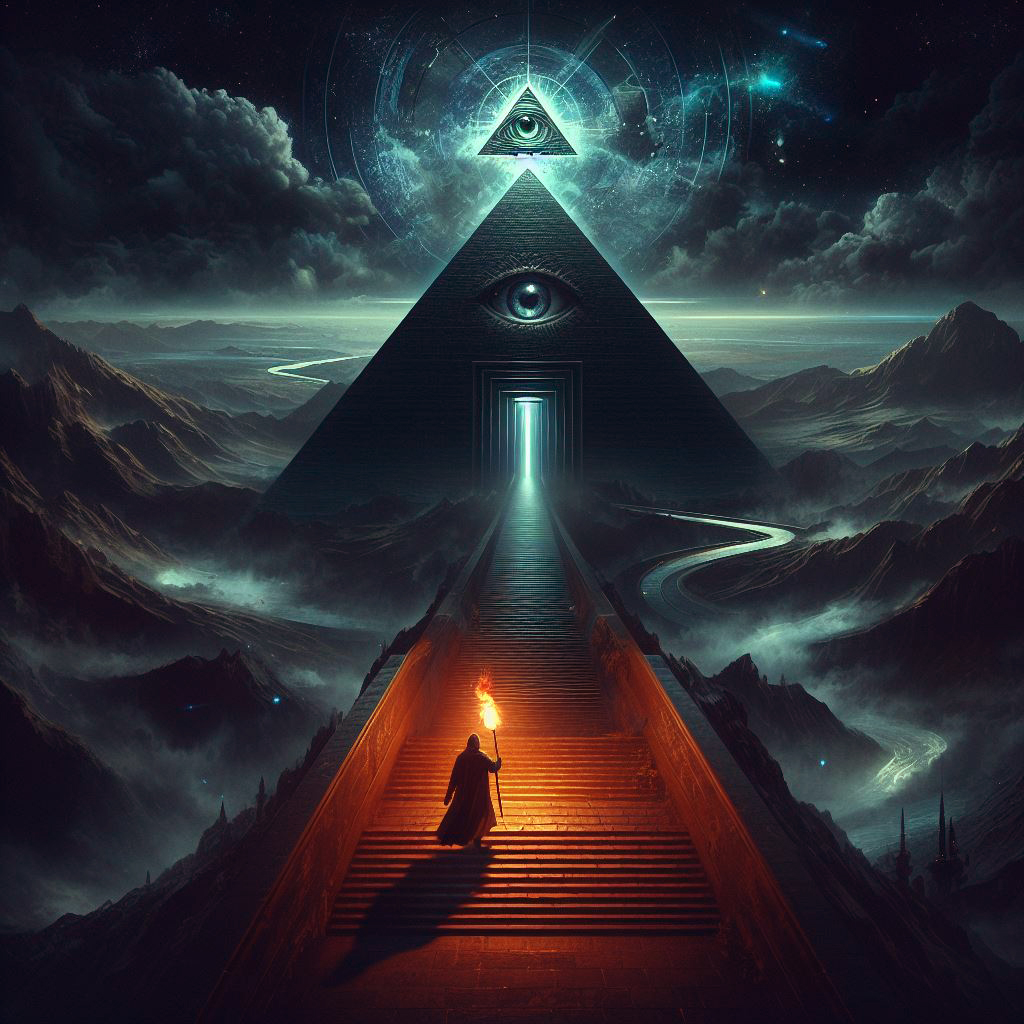The December 8 trial: Food for thought
“Soerendra was stationed at Zanderij. He was an officer in charge of the military training center. Bouterse was one of his subordinates; in that capacity he was, so to speak, simply Bouterse’s boss. He would often come home, and you know how it goes, then you receive this and that from mothers, lots of chutneys and sambal, and so on. And at one point, he came home and said: ‘One of the guys really likes that peanut sambal, give me a separate jar for him.’ And then he mentioned that the jar was meant for Bouterse. And what happened was, whenever he came home, he would always bring a separate jar for Bouterse.”
Those are words from Nirmala, a sister of Soerendra Rambocus, heard in the documentary “Zonen van Suriname.” Rambocus would later lead a countercoup against Bouterse and is one of the individuals who was killed on December 8/9, 1982, at Fort Zeelandia.
Ever since I heard the above words years ago, I’ve often wondered what circumstances or influences could have led two people who got along so well, to later become rivals facing each other. I hope I’m not the only one pondering this. This seems like a very important question to me for which an answer should be found. We could learn a lot from it, and we’d undoubtedly become wiser based on what we learn.
However, learning and acquiring wisdom is only possible based on truth. Not just any ‘truth’, but the universal truth. And you’ll find that kind of truth only in very rare and exceptional circumstances in the courtrooms of the world. Ultimately, the judges who decide there are also just ordinary people who don’t know everything, make mistakes, and face the same daily influences and circumstances that corrupt every human being in the current anti-social system of enslavement that we’re living in today. For example, some time ago I read on Starnieuws that “you can justify any decision” — words uttered by a judge. Furthermore, the rules made up by humans (‘laws’) often violate the universal right to life and are subject to widely varying interpretations by judges, lawyers, and jurists. It would be foolish to place your hope on this system.
The commonly used terms like “rule of law” and ‘justice’ are therefore illusions. That is bad enough in itself, but unfortunately, it’s also true that these terms are often used to camouflage our lowest passions and make them socially acceptable. Those who use these terms are often more interested in finding scapegoats, imposing punishments, and seeking revenge (‘retaliation’). This is the basis upon which ‘justice’ systems worldwide are built. It’s slowly being recognized that this system doesn’t work in the long run; there’s already some experimentation with “restorative justice” where the focus is on repairing harm done to the victims (the healing process) rather than punishment.
But that is not enough. More important than the healing process is learning from the mistakes that have been made so that they cannot be repeated. And that can only happen if we can get to the universal truth as closely as possible. This requires a high degree of courage, honesty, and objectivity from all involved parties, and an approach that involves analyzing events in their complete context. The events are often symptoms of deeper underlying causes. If we’re unable to uncover and understand these root causes, and therefore can’t come to the right conclusions and solutions, the problems will continue to repeat themselves — not only within our current generation but also for future generations.
For example, what is characteristic of the spiritual reality in which we find ourselves is that repetition of experiences from which incomplete or incorrect lessons have been learned happens not only in this life but will continue to haunt you in future lives — as often as necessary to ultimately learn the right lessons from your experiences and become wiser. So, you can choose to selectively deal with the facts in the present and give in to your lowest passions, but eventually, it will lead to increasingly unsustainable situations for you, and it will have to stop. In time, you will want this stop yourself because the problems only grow larger and more unbearable with each repetition. Ultimately, you’ll just be creating an ever-expanding ‘hell’ for yourself which could last for eternity unless you make different choices.
For everyone who is directly or indirectly involved in the December 8 trial or is interested in it and has an opinion about it, I offer this as food for thought. Have you been honest with yourself and others? Have you been objective enough? Have you made every effort to analyze the complete context of events and approach the universal truth as closely as possible? And most importantly: have you ultimately acted and lived in accordance with that truth?


Comments
There are 0 responses. Follow any responses to this post through its comments RSS feed. You can leave a response, or trackback from your own site.